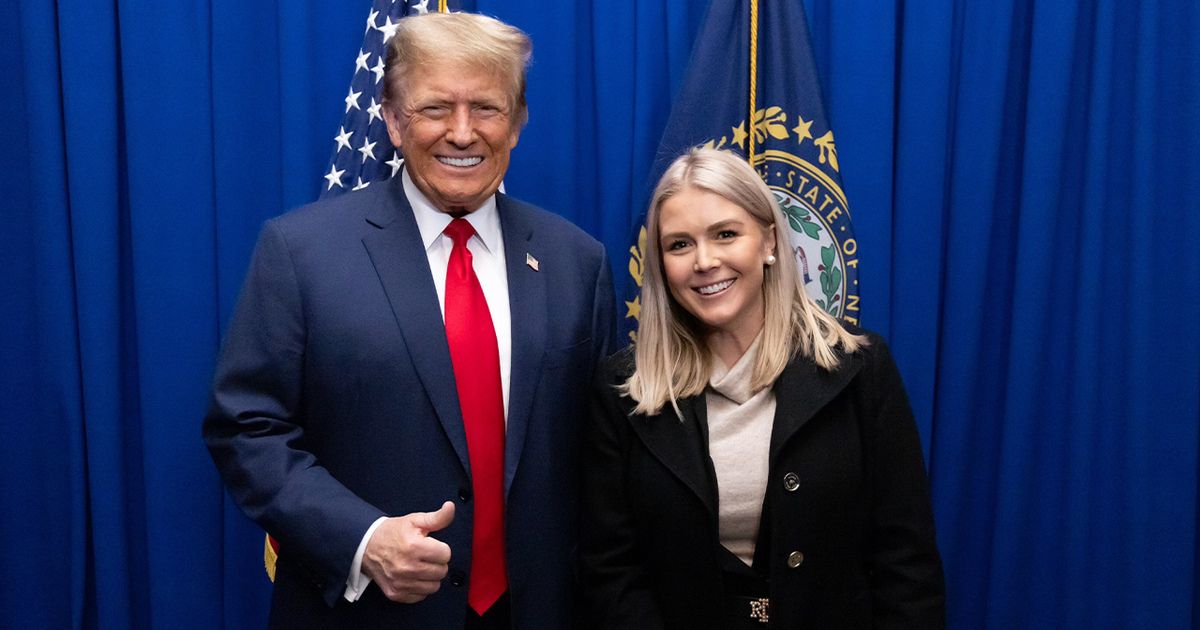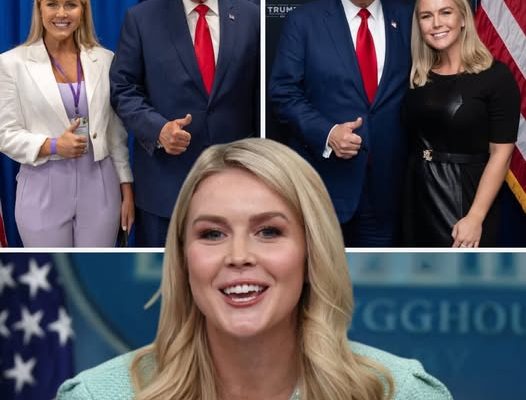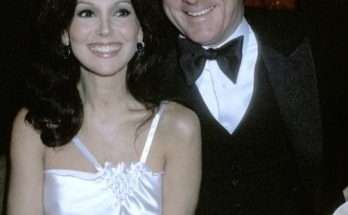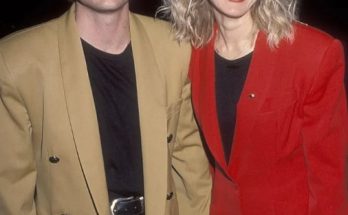 White House Press Secretary Karoline Leavitt recently responded to criticism about her age and her handling of a contentious press conference.
White House Press Secretary Karoline Leavitt recently responded to criticism about her age and her handling of a contentious press conference.
In a social media video, the 27-year-old appointee of former President Donald Trump shared details of her selection, pushing back against claims she’s “too young” for the role.
Leavitt recounted Trump’s words to her: “You’re not [too young]. When I was 21, I was building buildings in Manhattan, and I believe you can have this job.” She framed his confidence as part of a broader vision for America’s youth.
“The president believes in the young people of this country, the future generations, and the next generation of leaders. He wants to leave the country better off for us and for our children and grandchildren,” she said.
Press Conference Sparks Controversy
Her remarks followed a challenging press briefing last Wednesday, the administration’s first response to a leak of sensitive U.S. plans targeting Houthi rebels in Yemen.
The controversy erupted over Atlantic editor Jeffrey Goldberg’s alleged inclusion in a private Signal group chat with senior Trump security officials. The 25-minute session saw Leavitt speak for under 10 minutes before taking a handful of questions and ending abruptly.
“Speaking of the vice president, I hear he’s going to be speaking any moment now. I would hate to counter-program the vice president of the United States… You’ll also hear from the president at 3 p.m. honoring women’s history, and then again at 4 p.m. when he talks about tariffs,” she said before exiting.
Social media lit up with reactions. One X user posted, “Karoline Leavitt got scared and just ran off the stage after getting grilled by reporters about the Signal chat,” while another observed, “Karoline Leavitt practically ran out of that press conference after getting hammered by reporters.”
Despite the backlash, Leavitt pivoted during the briefing to highlight Trump’s achievements, touting his leadership in reviving U.S. manufacturing and attracting foreign investment. She also spotlighted initiatives honoring veterans and Women’s History Month, accusing the media of fixating on the leak over national progress.
Leavitt continues to navigate mounting pressure over the Signal controversy and questions about her readiness. Her tenure as press secretary remains a focal point as she shapes the administration’s public messaging.



